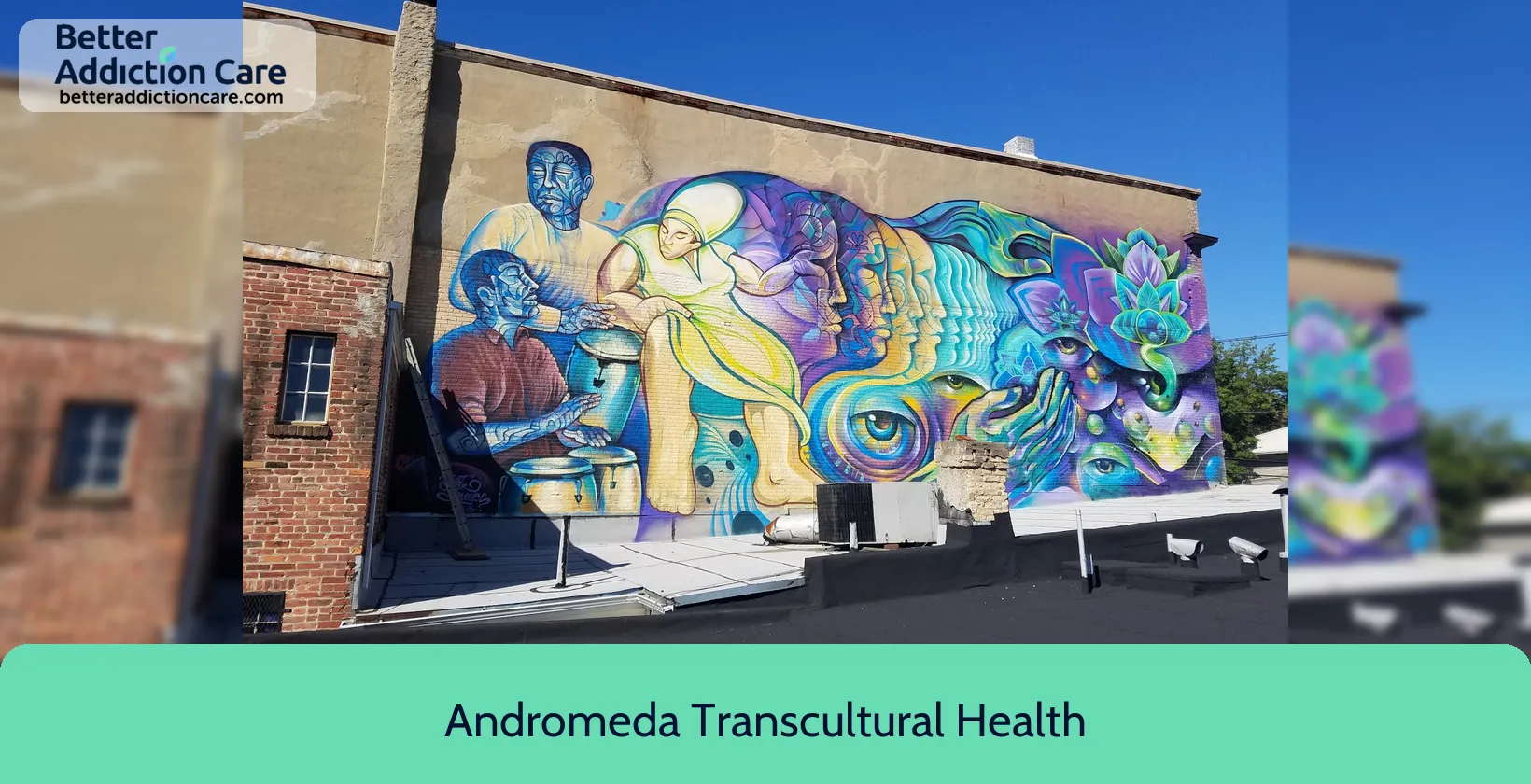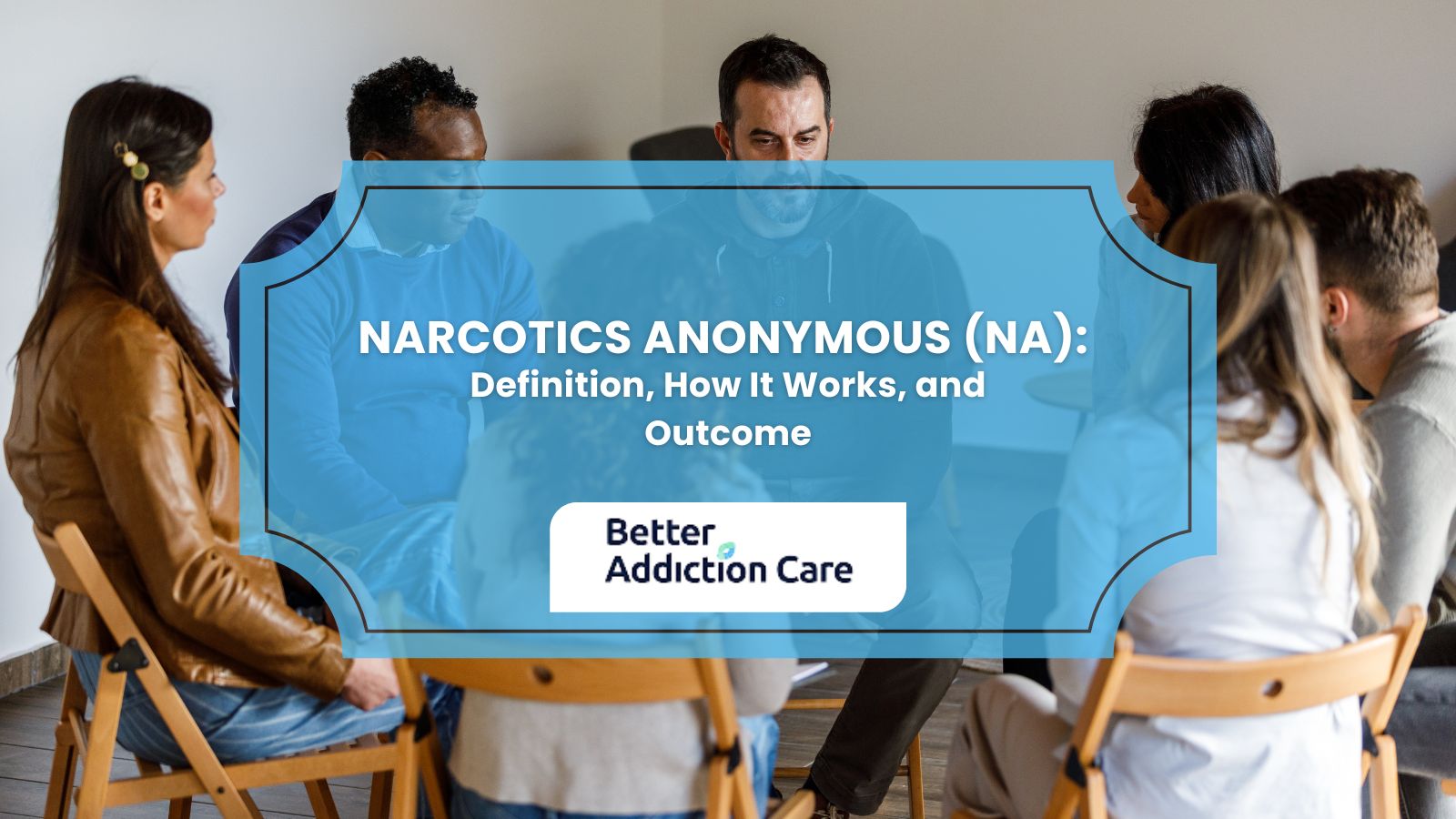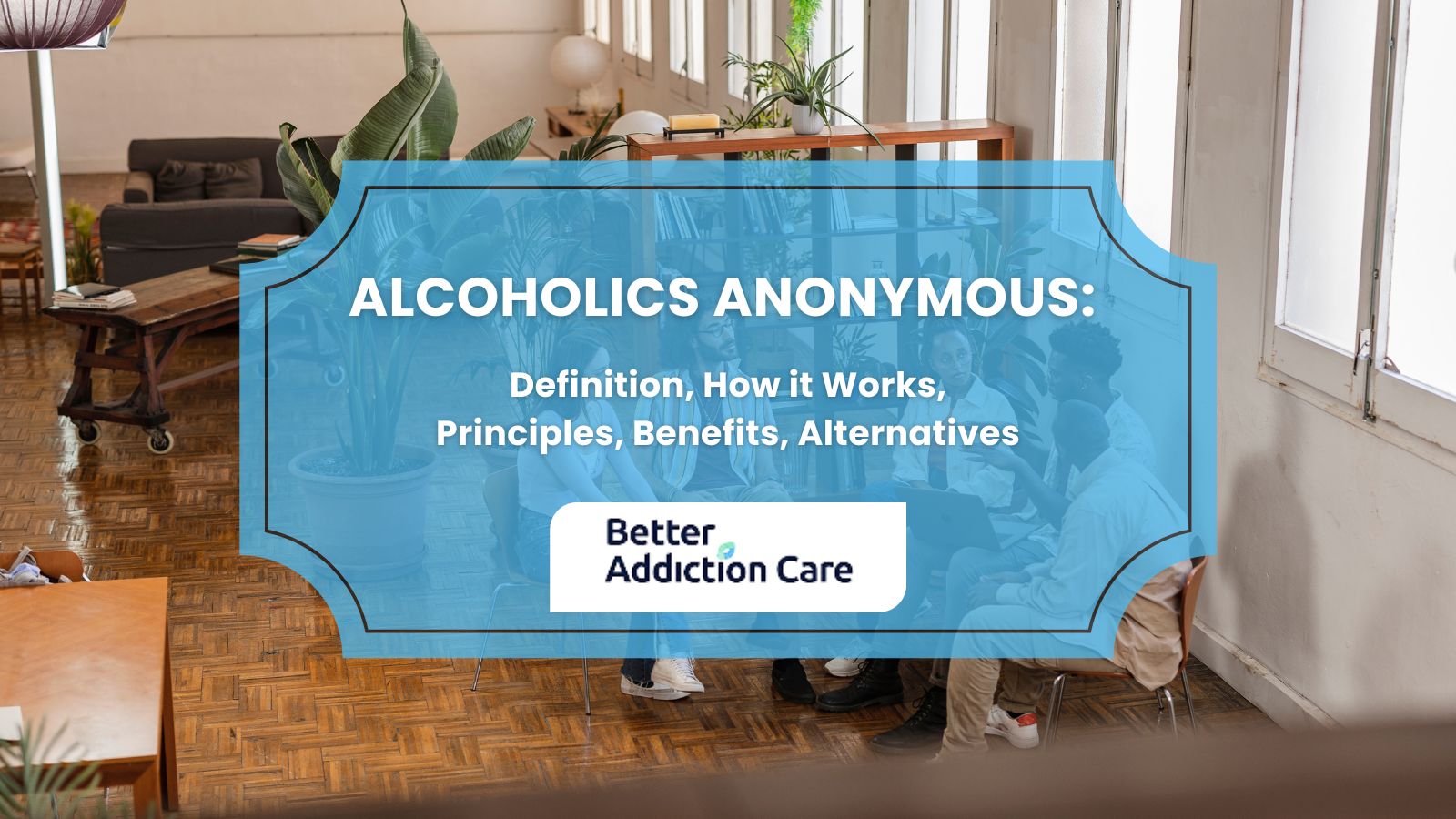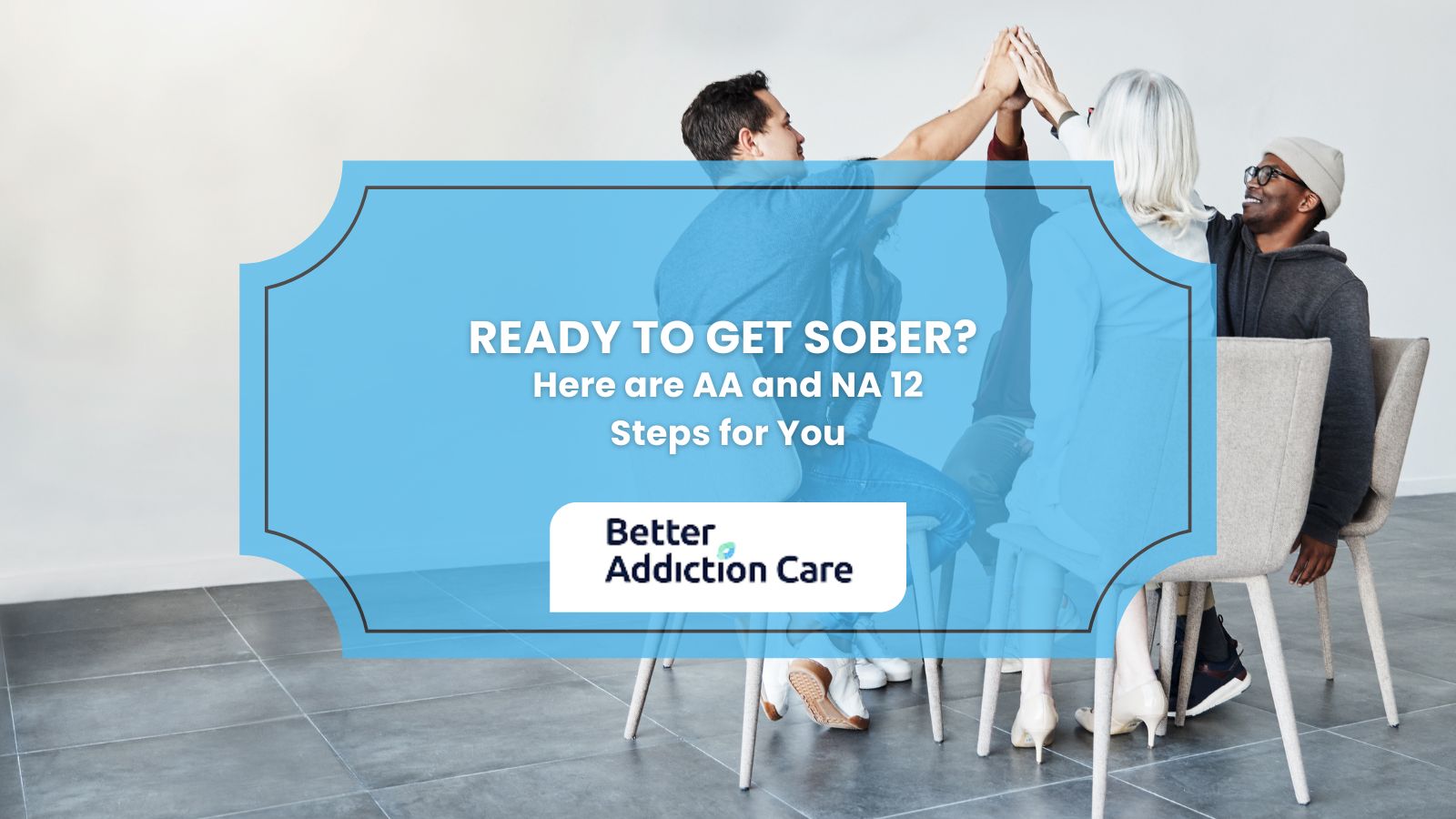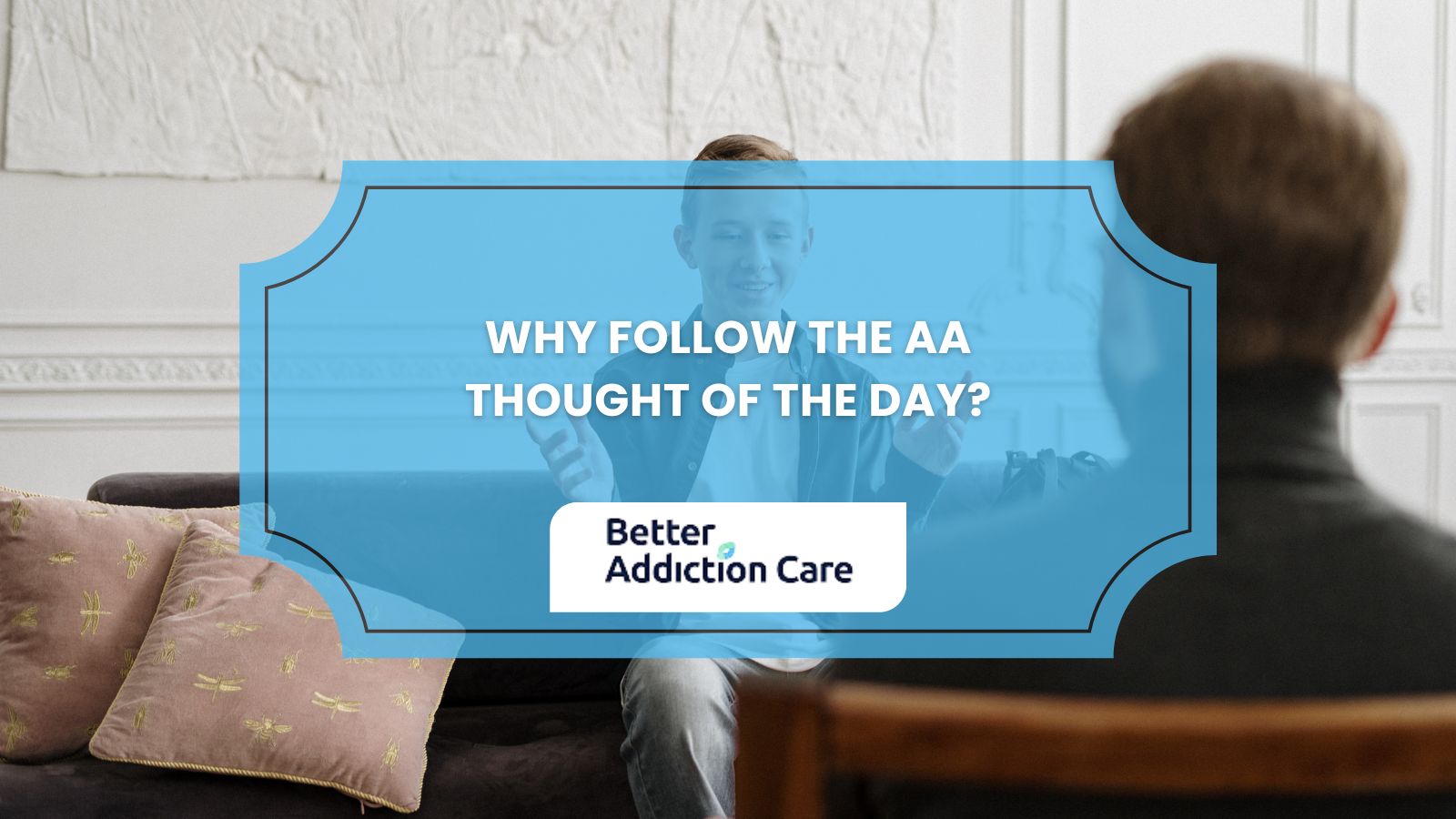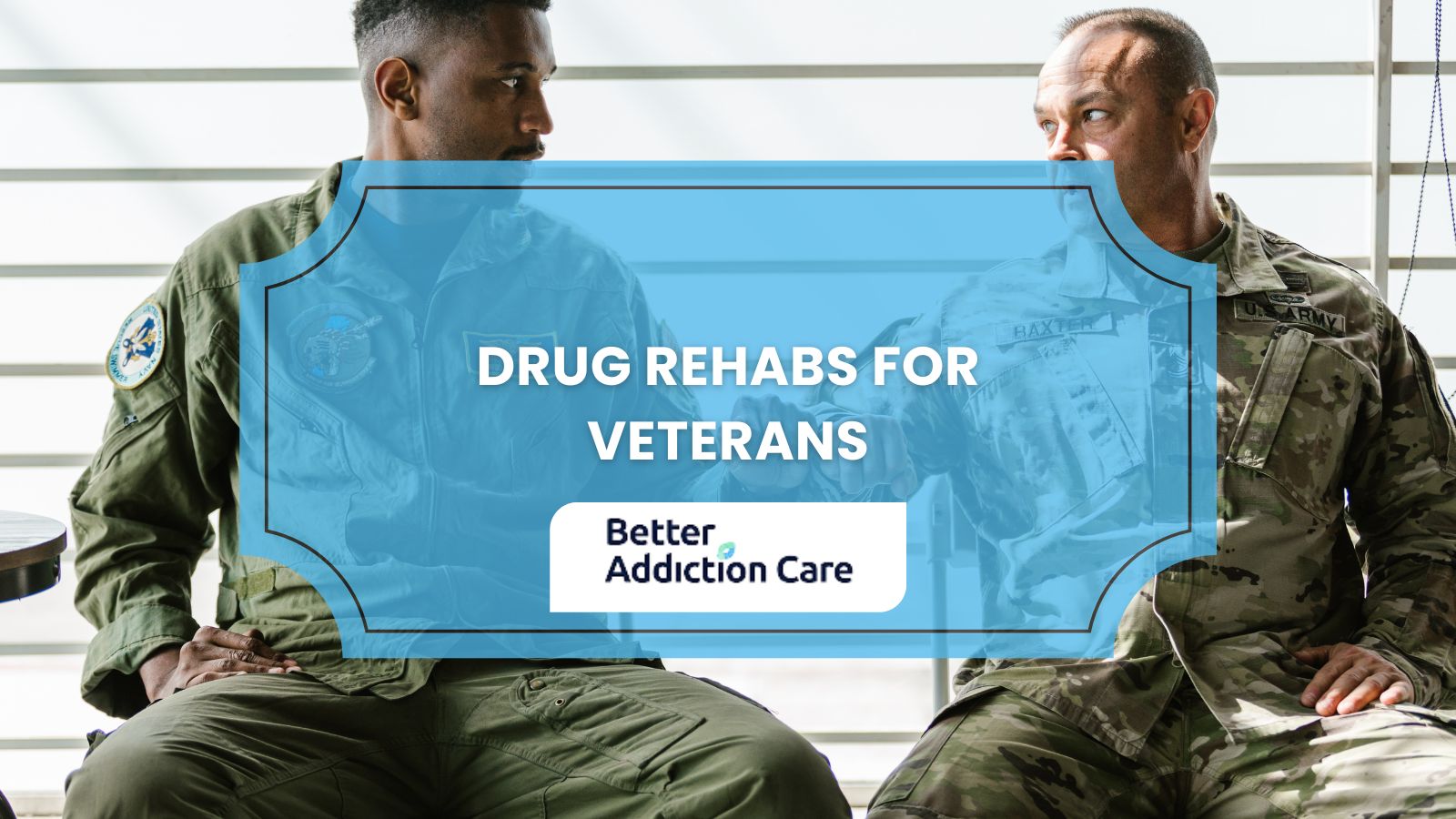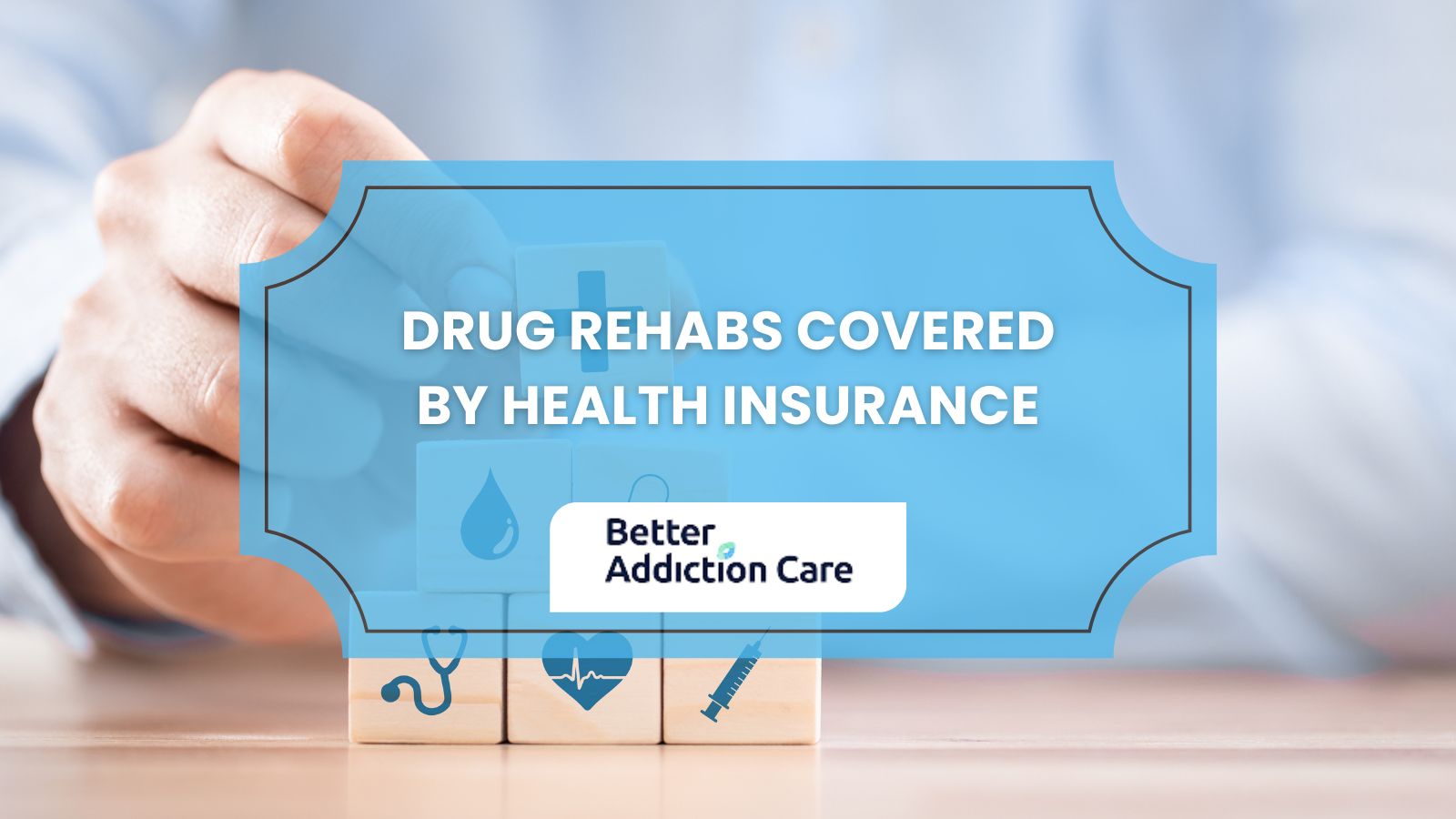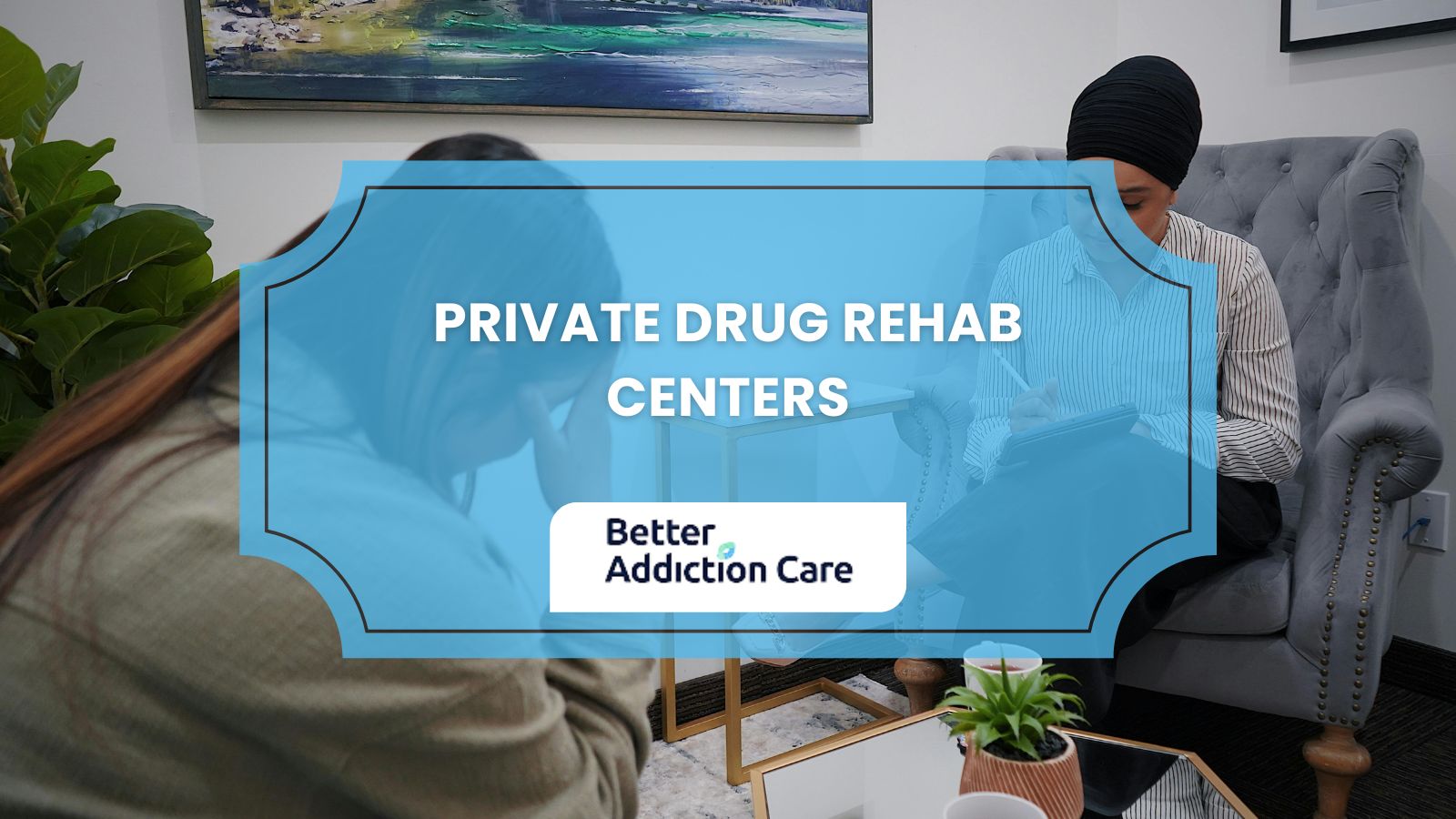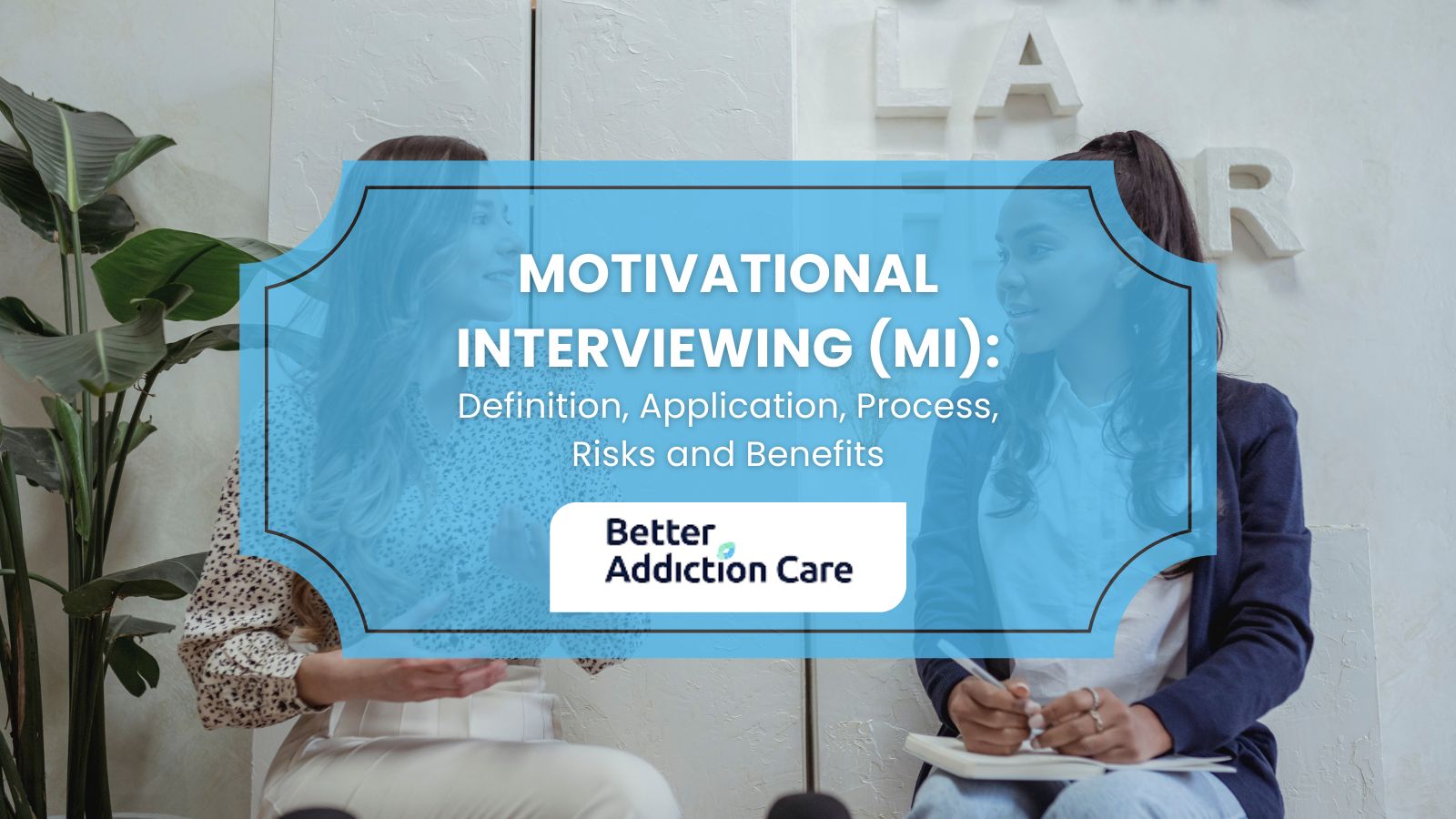Andromeda Transcultural Health
Overview
Andromeda Transcultural Health is an accredited substance abuse treatment center that provides inpatient and outpatient detoxification, for men and women from 18+ years of age. As part of their special programs, Andromeda Transcultural Health treats clients with hiv or aids. To help patients achieve sobriety, Andromeda Transcultural Health provides intake assessments. Afterward, patients receive group counseling, life skills, and cognitive behavioral therapy during treatment. Andromeda Transcultural Health is located in Washington, District of Columbia, providing treatment for people in District of Columbia County, accepting medicaid, private health insurance, and cash or self-payment.
Andromeda Transcultural Health at a Glance
Payment Options
- Medicaid
- Private health insurance
- Cash or self-payment
- Sliding fee scale (fee is based on income and other factors)
- Medicare
Assessments
- Comprehensive mental health assessment
- Comprehensive substance use assessment
Age Groups
- Adults
- Young adults
Operation
- Private for-profit organization
Highlights About Andromeda Transcultural Health
6.94/10
With an overall rating of 6.94/10, this facility has following balanced range of services. Alcohol Rehabilitation: 8.00/10, Drug Rehab and Detox: 6.62/10, Insurance and Payments: 6.67/10, Treatment Options: 6.49/10.-
Alcohol Rehabilitation 8.00
-
Insurance and Payments 6.67
-
Drug Rehab and Detox 6.62
-
Treatment Options 6.49
Accreditations
SAMHSA certification for opioid treatment program (OTP):
Accreditation by the Substance Abuse and Mental Health Services Administration (SAMHSA) for Opioid Treatment Programs (OTPs) signifies that a program has met strict standards for providing high-quality care to individuals with opioid use disorders. It assures patients, families, and communities that the OTP follows evidence-based practices, employs qualified staff and maintains a safe and effective treatment environment. This accreditation reflects the program's commitment to addressing the opioid epidemic and promoting recovery.
Treatment At Andromeda Transcultural Health
Treatment Conditions
- Mental health treatment
- Alcoholism
- Opioid Addiction
- Substance use treatment
- Co-occurring Disorders
Care Levels
- Detoxification
- Aftercare
- Outpatient
- Hospital inpatient treatment
Treatment Modalities
- Group counseling
- Life Skills
- Cognitive Behavioral Therapy
- Motivational Interviewing
- Nicotine replacement
Ancillary Services
Languages
- Spanish
Special Programs
- Clients with HIV or AIDS
Contact Information
Read our Most Recent Article About Drug Addiction
DISCLAIMER: The facility name, logo and brand are the property and registered trademarks of Andromeda Transcultural Health, and are being used for identification and informational purposes only. Use of these names, logos and brands shall not imply endorsement. BetterAddictionCare.com is not affiliated with or sponsored by Andromeda Transcultural Health.
